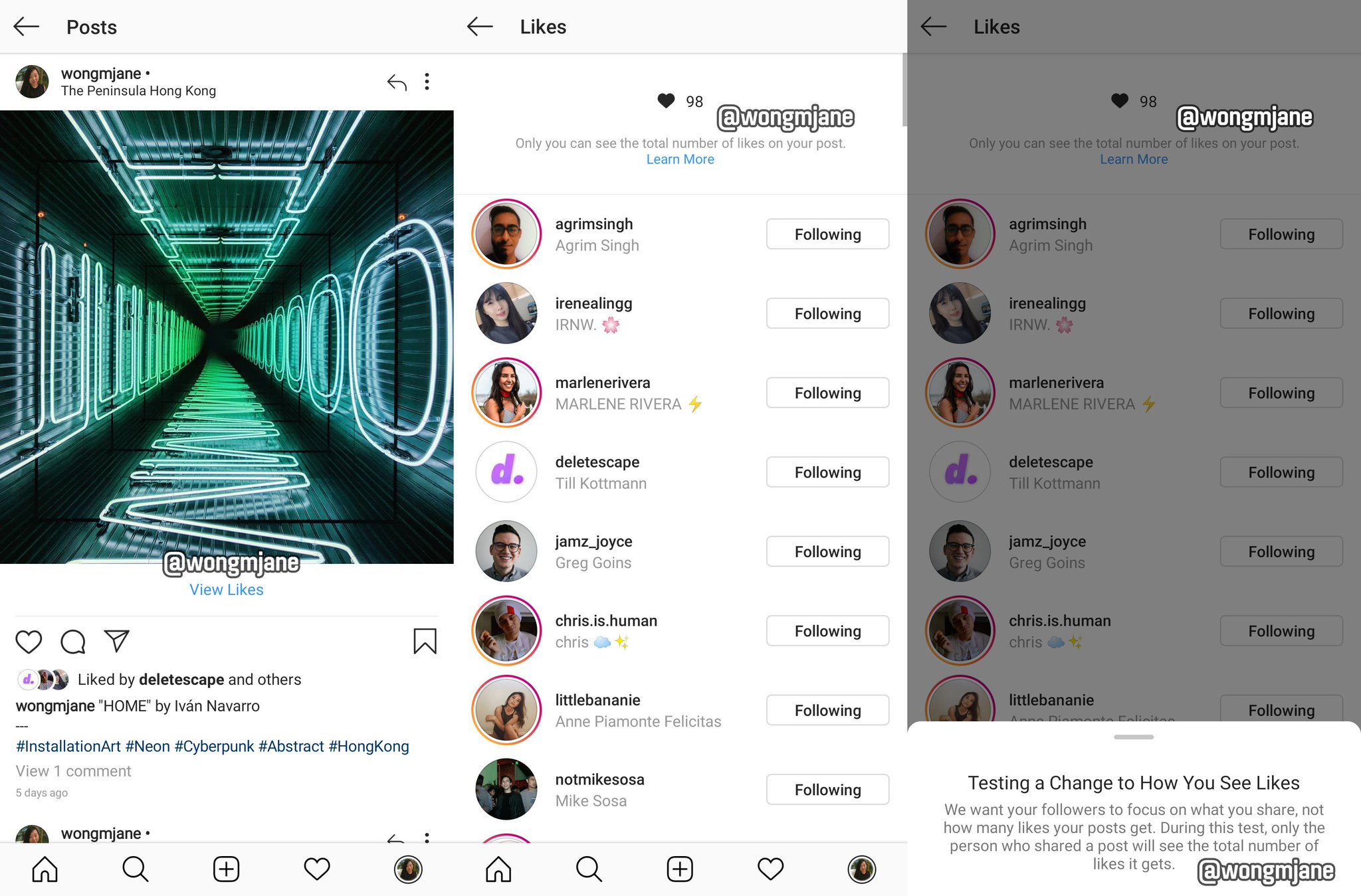Social media activism, we hear the world activist thrown around so much in current events but what does this actually mean? Media activism is a broad category of activism that uses social media and communication technology for social and political movements (Poell & Dijck, 2015). This was first seen as being a social activist, but with the widespread and easy access of social media, people have turned to the internet for their movements.
This can be seen in specific relation to the Poell and Dijck referenced paper as it discusses the use of social activism and its power on social media and across different time zones as well as different language barriers. this paper discusses the power and use of social media activism in multiple cases where people were unlawfully detained in other countries and so people took to Twitter to alert others and try to raise awareness for these activists that were detained making all contributors social media activists in their own sense as they were advocating for others. This kind of behaviour and movements of social media and social activists or accelerated by social media as it became an easily accessible way to alert people in real time across different time zones and countries about activities that were taking place this made it easier for people to understand current events and get on board to raise awareness and help as well as donate to the causes. These movements were categorized and recognized by using a specific hashtag that go viral and make it easy for other to contribute and show support.
This caused a lot of distress for the countries and legal systems that were detaining these activists unlawfully as unlike other situations bees people had a bigger reach and political grasp on content that has not previously been seen. fees social media activists and this movement also created such an uproar and Scandal that the president himself got these activists pardoned and they were sent home mainly due to the widespread support I’ve been seeing on social media.
This has been seen repeatedly in cases in the last 4 or so years, with movements such as #metoo #blacklivesmatter and many many more. These movements help spread awareness and support to many communities and victims, but they don’t come without hecklers and trolls.
So what do you think of social media activists do they do more harm than good? Or are they doing what others cannot with technology that we have?
Facebook Post:
Social Activist or Social Media spam? Find out what I think HERE: https://bit.ly/2X9XbmE
Twitter Post:
Social Activist? What does that have to do with Social Media? Find out HERE: https://bit.ly/2X9XbmE
REFERENCE:
Poell, Thomas & José van Dijck (2015). Social Media and Activist Communication. In The Routledge Companion to Alternative and Community Media, 527-537, edited by C. Atton. London: Routledge.





